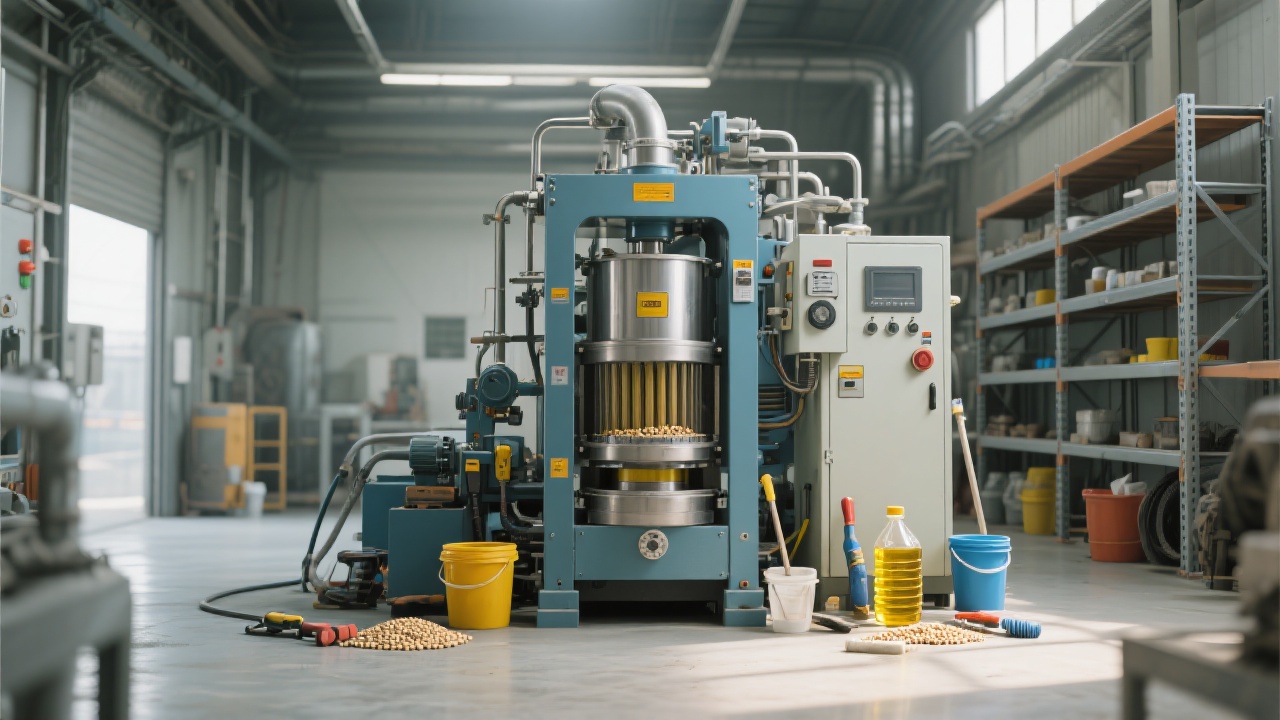
Soybean meal, a crucial by - product in the soybean oil production process, is rich in high - quality protein. On average, it contains about 43% - 48% protein, which is comparable to many high - protein foods. This high - protein characteristic makes it an ideal raw material for animal feed. Different processing and preservation methods can affect the nutritional value of soybean meal. For example, through proper heat treatment, the anti - nutritional factors in soybean meal can be reduced, thereby improving its digestibility for animals.

In animal feed formulation, soybean meal needs to be used scientifically. For poultry feed, soybean meal can account for about 20% - 30% of the total feed. For pig feed, the proportion can reach 25% - 35%. This scientific ratio can not only meet the nutritional needs of animals but also control feed costs. For instance, a well - known feed enterprise in Europe adjusted the soybean meal ratio in its broiler feed according to the growth stage of broilers, which increased the weight gain of broilers by 10% within the same period and reduced the feed - to - meat ratio by 8%.
The global soybean meal market is influenced by multiple factors. In terms of supply, major soybean - producing countries such as the United States, Brazil, and Argentina have a significant impact on the global soybean meal supply. For example, Brazil's soybean meal production accounts for about 30% of the world's total. On the demand side, countries with developed livestock and poultry industries, such as China and the United States, have a large demand for soybean meal. The price of soybean meal fluctuates with factors such as soybean production, global economic conditions, and exchange rates. In the past five years, the price of soybean meal has fluctuated within a range of $300 - $500 per ton.

With the continuous development of the global livestock and poultry industry, the demand for soybean meal is expected to maintain a steady growth trend. At the same time, the increasing awareness of environmental protection and sustainable development has also promoted the development of the organic fertilizer market. Soybean meal, as a natural organic raw material, has great potential in the organic fertilizer market.
In recent years, the deep - processing of soybean meal has become a hot topic in the industry. The development of functional feed raw materials and organic fertilizers has brought new business opportunities for soybean oil producers and feed enterprises. For functional feed raw materials, through special processing technologies, the nutritional value of soybean meal can be further enhanced, and some specific functions can be added, such as improving animal immunity and promoting growth. In the organic fertilizer field, soybean meal can be processed into high - quality organic fertilizers, which not only improve soil fertility but also reduce environmental pollution.

The market potential of functional feed raw materials and organic fertilizers is huge. According to market research institutions, the global market size of functional feed raw materials is expected to reach $XX billion by 2025, with an annual growth rate of about XX%. The organic fertilizer market is also growing at a high speed, especially in Europe and North America, where consumers have a high demand for organic agricultural products.
By adopting innovative deep - processing solutions, producers and feed enterprises can maximize the value of by - products, gain a competitive edge in the market, and promote the high - quality development of the agricultural industry chain. Don't miss this opportunity to enhance your business! Click here to learn more about our innovative soybean meal deep - processing solutions.

